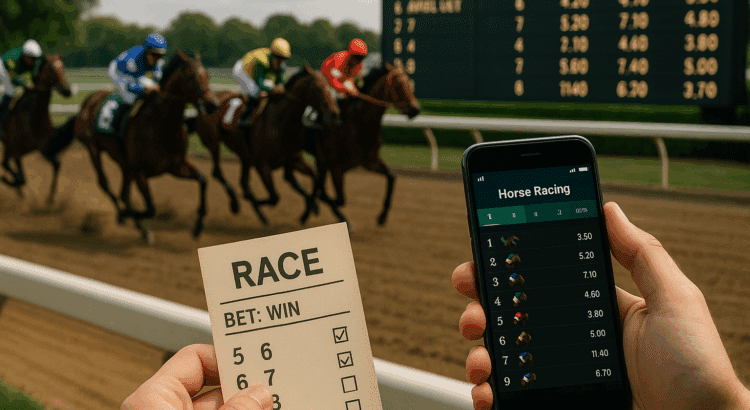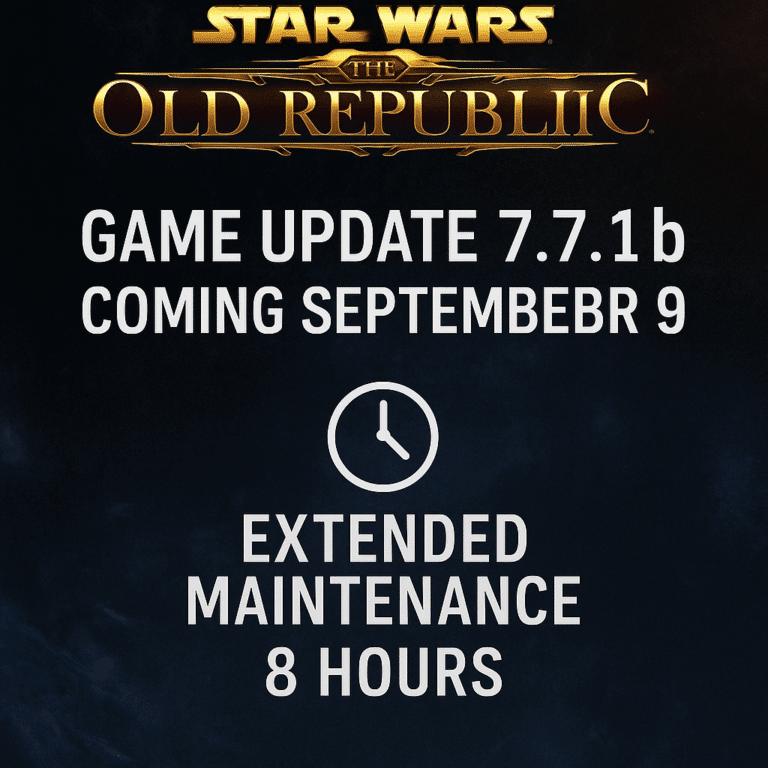Horse racing has been a central part of sporting culture for centuries, combining speed, tradition, and strategy in a way that few other events can match. It remains one of the most popular sports for wagering, largely because of its unique structure and the variety of betting options available. For newcomers, the phrase horse race betting explained often signals the start of a journey into understanding the fundamentals, strategies, and nuances that make this form of wagering distinctive.
This article provides a broad look at the basics of horse race betting, the types of wagers commonly available, the factors influencing outcomes, and the importance of maintaining responsibility while engaging with the sport.
The Basics of Horse Race Betting
Unlike team sports where outcomes are influenced by numerous players, horse racing is often decided by the performance of a single horse paired with its jockey. This makes betting both straightforward and complex: straightforward because there are limited participants in each race, and complex because so many variables affect the result.
When people search for horse race betting explained, they are usually looking for a clear outline of how wagers are structured, what each option means, and how payouts are calculated. At its core, horse race betting revolves around choosing which horse will finish first, but modern systems allow for far more flexibility.
Win, Place, and Show
The three most basic wagers form the foundation of horse racing:
- Win – A bet on a horse to finish first. This is the most direct and often offers the highest payouts because it requires absolute accuracy.
- Place – A bet on a horse to finish either first or second. This option lowers risk compared to a straight win bet but also reduces potential payout.
- Show – A bet on a horse to finish in the top three. It is the most forgiving wager, as the horse doesn’t need to win, only to perform well enough to place among the leaders.
When newcomers encounter the phrase horse race betting explained, these three wager types are typically the first step in grasping the basics.
Exotic Bets
Beyond the fundamentals, horse racing offers more advanced wagers known as exotics. These allow bettors to combine outcomes or predict finishes involving multiple horses. Examples include:
- Exacta: Correctly predicting the first and second place horses in order.
- Quinella: Predicting the first two finishers in any order.
- Trifecta: Picking the first three horses in exact order.
- Superfecta: Choosing the top four horses in exact order.
- Daily Double or Pick Bets: Selecting winners across multiple races on the same card.
These options carry higher risk but can produce much larger payouts, which is why they attract bettors looking for bigger challenges.
Factors That Influence Outcomes
Horse racing is not purely chance-driven. Many factors contribute to how a horse performs on race day, and understanding these can give bettors an edge.
- Form: A horse’s recent performance record, including wins, places, and finishes.
- Track Conditions: Some horses run better on dry tracks, while others excel in muddy or wet environments.
- Jockey Skill: The ability of the rider can significantly influence race strategy and results.
- Trainer Records: Certain trainers are known for preparing horses particularly well for specific races.
- Post Position: Starting gate placement can impact a horse’s chances, especially in large fields.
When the topic of horse race betting explained arises, these variables are often highlighted as key areas of study for anyone seeking more than just casual participation.
The Role of Odds
Odds are central to horse race betting, representing both the likelihood of a horse winning and the potential payout. They can shift leading up to a race based on how much money is placed on each horse. Short odds indicate a favorite with a higher chance of winning but lower returns, while long odds signal an underdog that could deliver a substantial payout if victorious.
Understanding how to read and interpret odds is one of the most important steps in having horse race betting explained in detail, as it directly affects decision-making and risk management.
Pool Betting System
Horse racing commonly uses a pari-mutuel or pool betting system. In this model, all wagers of a particular type are placed into a pool. After the race, the track deducts a percentage for taxes and expenses, and the remaining pool is divided among the winning tickets.
This means payouts are not fixed at the time of betting but are instead determined by the distribution of money in the pool. It is one of the unique aspects that make horse racing different from other sports betting structures.
Responsible Participation
Like all forms of wagering, horse racing requires balance and responsibility. Even with knowledge and strategy, unpredictability is part of the sport. The most effective approach is to treat betting as a form of entertainment rather than a primary source of income.
Tools such as setting personal limits, avoiding chasing losses, and taking breaks ensure a healthier relationship with betting. In many places, resources are available for individuals seeking additional support, reflecting the broader industry’s commitment to responsibility.
The Cultural Tradition
Horse racing is more than just a sport—it’s a tradition tied to major events like the Kentucky Derby, the Preakness Stakes, and global races such as the Grand National and the Melbourne Cup. These events attract not only casual fans but also seasoned bettors who appreciate the mix of pageantry, history, and wagering opportunities.
This blend of culture and competition is why so many people seek guides with horse race betting explained—because betting adds an extra layer of engagement with events already rich in tradition.
Conclusion
Horse racing remains one of the most engaging sports for wagering due to its variety, speed, and unpredictability. Understanding the basics—win, place, and show—while exploring exotic bets provides depth for participants who want to engage beyond surface-level predictions. With odds, track conditions, jockey performance, and many other factors at play, the sport demands both strategy and balance.
Ultimately, guides with horse race betting explained serve as valuable introductions, helping newcomers navigate the complexity of wagering while highlighting the importance of responsibility. By combining tradition with modern betting opportunities, horse racing continues to thrive as both a sport and a form of entertainment for fans worldwide.










